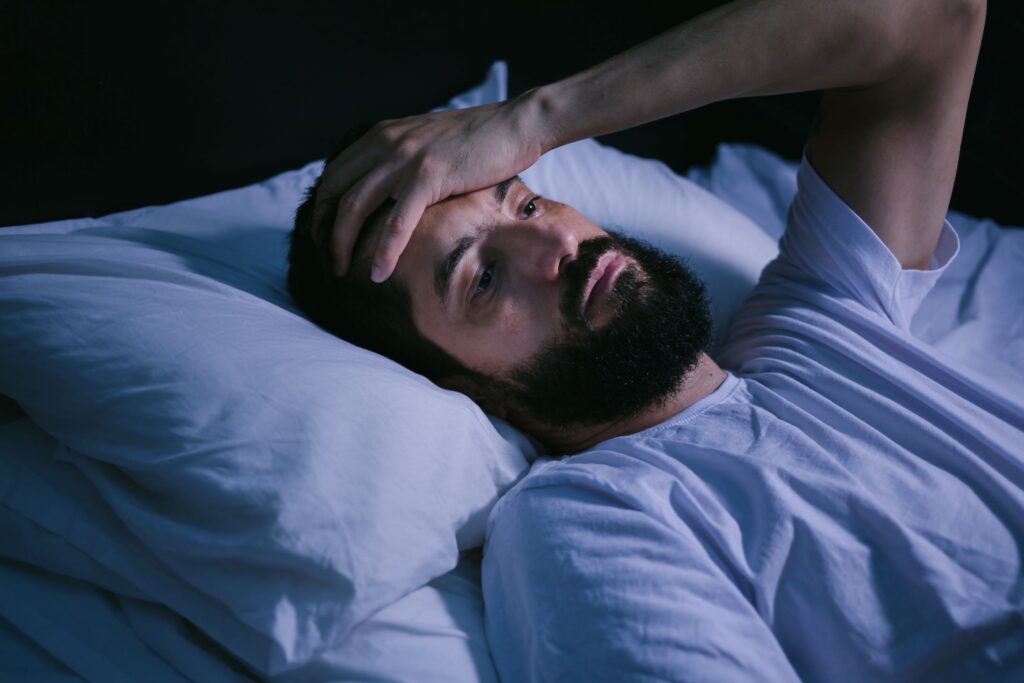
If you snore frequently at night, struggle with daytime drowsiness, or have a sore or stiff jaw, you might be suffering from sleep apnea. This disorder causes multiple interruptions to your breathing, disrupting your natural sleep cycles and affecting your oral and overall health.
Fortunately, there are things you can do to help manage your symptoms to achieve better quality rest at night. For instance, you can avoid certain foods that might worsen your condition. Continue reading to learn about 4 options to steer clear of to help you dream peacefully tonight!
Food #1: Red Meats
Many red meats, such as beef, pork, or lamb, contain plenty of fat that is infamous for causing inflammation in your body. This puts additional strain on your cardiovascular and respiratory systems, which can exacerbate your sleep apnea symptoms.
Furthermore, high-sodium and processed meats like bacon, sausage, or burgers can contribute to additional acid reflux and weight gain, the latter of which is a risk factor for sleep apnea.
Food #2: High-Fat Dairy
Under normal circumstances, your dentist might encourage you to increase your consumption of dairy products containing calcium to strengthen your teeth and bones. However, if you have sleep apnea, it’s best to stick to low or non-fat options.
This is because eating too many fatty proteins can result in weight gain, which can potentially significantly increase the risk of developing or progressing sleep apnea.
Food #3: Bananas
These peelable fruits are a fantastic source of fiber and potassium, but if you have sleep apnea, you might want to pick a different snack. Did you know that bananas can increase your mucus production? This increases the likelihood of having a clogged nose or other respiratory issues that can interrupt your breathing at night and result in worsening sleep apnea.
Food #4: Refined Carbohydrates
Processed foods, like packaged refined carbohydrates, typically have been stripped of fiber, bran, or germ to make them more easily digestible. Options like white bread, crackers, or pasta might be easier to consume, but they’re also low in nutrients and high in calories. That means consuming too many is likely to result in weight gain or worsening chronic conditions, like heart disease. If you have sleep apnea, limiting your consumption of refined carbs can potentially lead to weight loss that improves your symptoms.
Although there’s no specific “sleep apnea diet”, you might be able to reduce its impact by making more conscientious dietary decisions!
Meet the Author
Dr. Laura Gramse is passionate about getting to know patients so she can tailor treatments to help them build and maintain happy, healthy smiles. She earned her dental degree from the Tufts University School of Dental Medicine, and today, has 35 years of experience providing a comprehensive menu of services to meet all your family’s oral healthcare needs. She is also a proud member of the American Board of Dental Sleep Medicine and is happy to help identify and treat your sleep apnea. You can request an appointment on the website or by calling one of her conveniently located offices near you!
